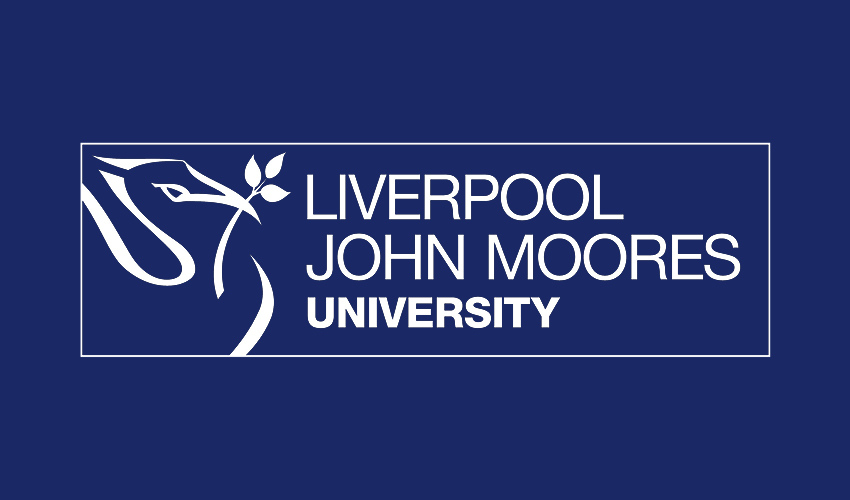About Bsc (hons) Biotechnology in Liverpool John Moores University
BSc (Hons) Biotechnology explores the manipulation of biomolecular processes to develop technologies and products that address global challenges in health, food and the environment. The course provides excellent facilities to develop practical skills and exciting opportunities to engage with industry.
Biotechnology is a fascinating field of study, which has had a positive impact on many aspects of our lives, with applications across medicine, food and the environment.
This multidisciplinary science builds on a foundational knowledge of molecular and cell biology, microbiology and biochemistry, using transgenic plants, animals and microbes to develop valuable technologies and products. Early known examples of biotechnology include the use of microorganisms to make cheese, bread and wine, but advances in genetic engineering and recombinant DNA technology have revolutionised the biotechnology industry. Modern biotechnology has enabled production of drugs, vaccines, energy, industrial chemicals and progressed developments in gene therapy, cancer therapy and sustainable agriculture.
This is a practical, hands-on course in which you will spend a large proportion of your time in our excellent teaching labs for cell culture, molecular biology and imaging studies, practising the latest molecular, bioprocessing and analytical techniques. You will gain an understanding of the principles and applications of biotechnology across this broad-based sector. Optional modules and a research project in the final year provide opportunities to specialise in your own particular area of interest. You will have plenty of opportunities to put your skills and knowledge into practice and explore your own interests by completing a research project. The option to do a year’s industrial placement between the second and third year will also help develop transferable skills, valued by employers.
The programme enables you to develop intellectual independence, critical awareness and transferable skills – attributes that are vital for employment. There is an emphasis on career development, with additional input from external speakers from industry, increasing your understanding of the business of biotechnology. As well as exploring a wide range of career options, you will develop commercial awareness and learn how new start-up biotechnology companies are created.
Entry Requirements
-
A Higher Secondary Certificate/Standard 12/Indian School Certificate (Year 12)
or
All India Senior School Certificate Examination with a minimum of 65% (60% in Maths and your chosen subject and 70% in English)
English language requirements
-
IELTS :6.0 Overall with 5.5 in each component
-
TOEFL IB : 78 Overall with R18, W17, L17, S20
Liverpool John Moores University Highlights
| Type |
Public University |
| Campus Setting |
Urban |
| Establishment year |
1823 |
| Location |
Liverpool, England |
| Student population |
23,200 |
| Faculties |
5 |
| Student to faculty ratio |
15:1 |
| Accommodation |
Available |
| Application mode |
Online |
| Document submission mode |
Online |
| Courses offered |
UG bachelor, PG masters PhD; certificates, dual degrees, distance learning, foundation+ |
| Official website |
www.ljmu.ac.uk |
| International scholarships |
Available |
| Work study |
Available |
Liverpool John Moores University Cost of Attendance
Given here is a detailed breakdown of the basic expenses.
| For Undergraduate Students |
| Foundation programmes |
GBP 11,000 |
| Classroom Based |
GBP 15,600 |
| Laboratory based |
GBP 16,100 |
| Industrial placement year |
GBP 3,650 |
| For Graduate Students |
| Laboratory based |
GBP 16,100 |
| Classroom based |
GBP 15,600 |
The weekly living expenses are tabulated below:
| Type of accommodation |
Price |
| Standard shared bathroom |
GBP 90 |
| Bronze En-suite |
GBP 127 |
| Standard En-suite |
GBP 112-114 |
| Self-contained studio |
GBP 169 |
